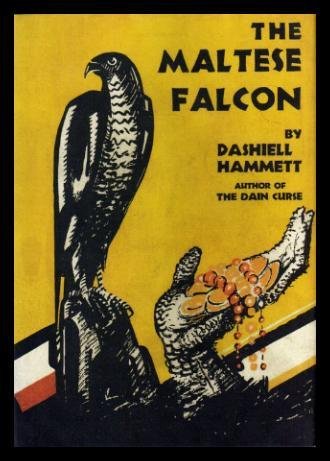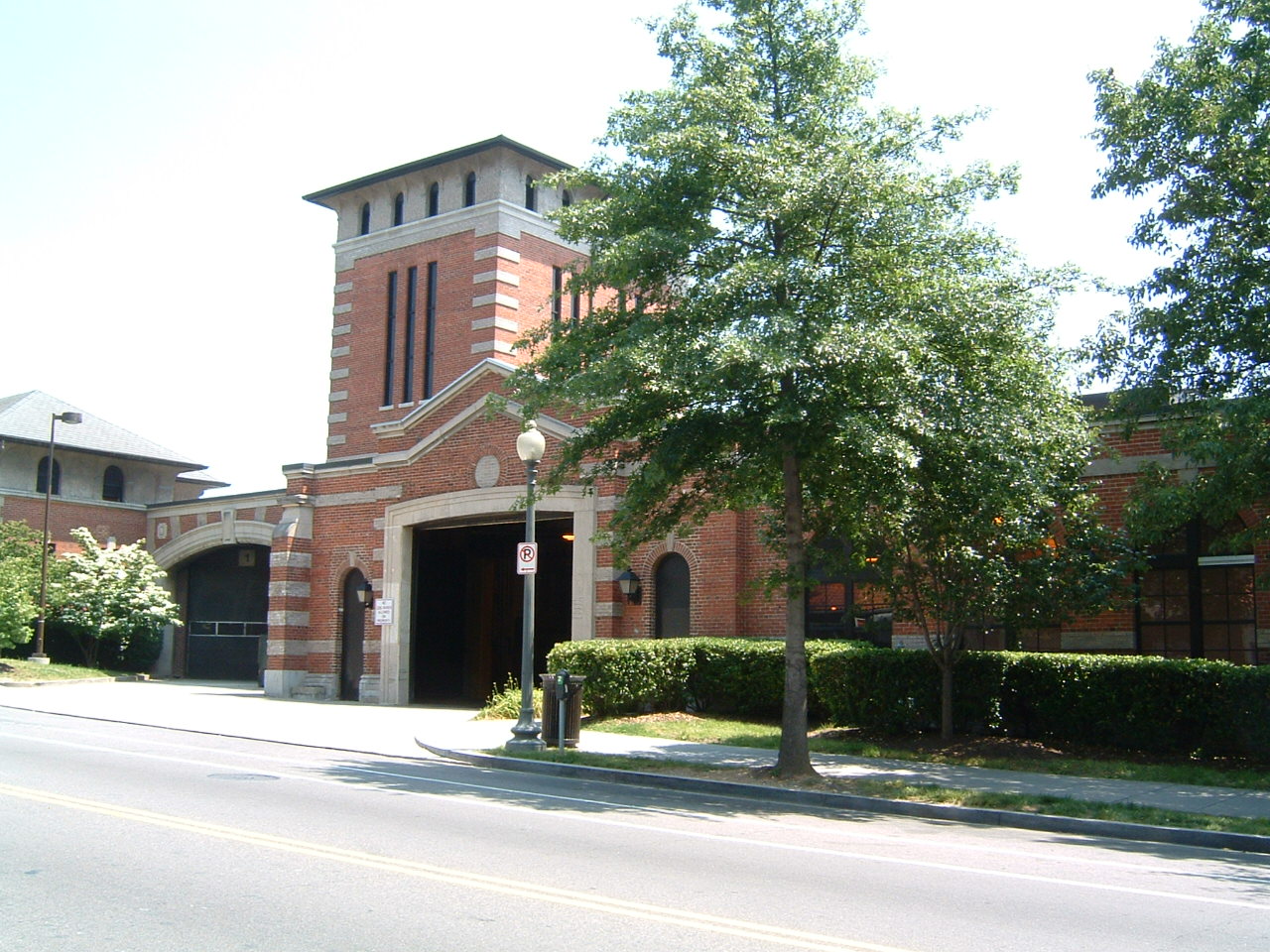 |
| Josh Pachter |
Josh Pachter has contributed crime fiction to EQMM, AHMM, and many other publications since 1968. He regularly translates Dutch and Belgian authors for EQMM’s “Passport to Crime” department and is the editor of The Man Who Read Mysteries: The Short Fiction of William Brittain (Crippen & Landru, 2018) and the co-editor of The Misadventures of Ellery Queen (Wildside Press, 2018) and Amsterdam Noir (Akashic Books, 2019).
Besides writing and editing, Josh enjoys other arts including film, theater, music, and photography, as seen in his official web bio. He is a popular professor with the endearing and justifiable habit of endlessly bragging about his wife, Laurie, and daughter, Becca.
Besides writing and editing, Josh enjoys other arts including film, theater, music, and photography, as seen in his official web bio. He is a popular professor with the endearing and justifiable habit of endlessly bragging about his wife, Laurie, and daughter, Becca.
— Velma
Maintaining EQuilibrium
by Josh Pachter
by Josh Pachter
When it comes to Ellery Queen, I suppose I have a fair amount of street cred.
I’ve been publishing in the magazine for half a century. Fred Dannay — who, with his cousin Manny Lee, was Ellery Queen — was the closest thing to a grandfather I’ve ever had. I’ve been on EQ-related panels at Bouchercon and other crime-fiction conferences, and was a panelist at the symposium celebrating EQMM’s seventy-fifth anniversary at Columbia University in 2016. I co-edited (with Dale C. Andrews, a former SleuthSayer) The Misadventures of Ellery Queen (Wildside, 2018), a collection of pastiches, parodies, and other fiction inspired by Dannay and Lee’s famous detective. And I am one of only eight honorary members of the West 87th Street Irregulars, “a band of established EQ experts and fans who collectively have committed themselves to the preservation and revival of Ellery Queen.”
This year, I embarked on another connection with Ellery’s world. Leigh Lundin has invited me to share with you about it here.
When Dale and I began work on Misadventures, I decided I ought to brush up on the available nonfiction material regarding EQ’s collaborative authors and their creation. So I read Mike Nevins’ monumental The Art of Detection (currently available in paperback on Amazon for a mere $899.99!), and Joe Goodrich’s fascinating Blood Relations: The Selected Letters of Ellery Queen, 1947-1950 (which you can find for as little as $6, and which is absolutely worth six times that amount or more!), Dannay’s second wife Rose’s My Life With Ellery Queen: A Love Story (a steal at $112.99 on Amazon, although I was able to dig up a Kindle edition cheap), and, ultimately, an unusual volume titled The Tragedy of Errors (Crippen & Landru, 1999), which consists of three very different sections.
The book opens with Fred Dannay’s detailed forty-page outline for what was to have been a new Ellery Queen novel, a novel that was never written (and thus, of course, never published), and closes with over a hundred pages of “essays, tributes, and reminiscences” about Queen the author, Queen the character, and Queen the editor, two dozen of them, contributed by such luminaries as Peter Lovesey, Michael Gilbert, H.R.F. Keating, EQMM editor Janet Hutchings, and many others.
It is the middle section of The Tragedy of Errors that I’ve been leading up to: six short stories which had never before been anthologized, five by Dannay and Lee, one (“The Reindeer Clue”) by Edward D. Hoch but published as by Ellery Queen (in The National Enquirer, of all places!) … and three cases for something Ellery Queen called the Puzzle Club.
There were five Puzzle Club stories in all. The three collected in Tragedy of Errors were first published in 1971, “The Three Students” and “The Odd Man” in Playboy and “The Honest Swindler” in The Saturday Evening Post. (The other two were older, first published in 1965 — “The Little Spy” in Cavalier and “The President Regrets” in Diners’ Club Magazine — and reprinted in 1968 in Q.E.D.: Queen’s Experiments in Detection.)
As I read the three included in the Crippen & Landru volume, steeped as I was at the time in all things Queenian, I found myself itching to write a new Puzzle Club story of my own.
So I did.
The central concept of the five-story EQ miniseries — which Isaac Asimov later co-opted for his much longer run of Black Widowers stories — was that six friends gathered at irregular intervals for a gourmet dinner, but before sitting down to eat one member of the group was ensconced in what was called “the Puzzle Chair,” and the other five presented an invented mystery for the evening’s designated solver to tackle. The group consisted of Syres (a wealthy oilman, whose Park Avenue penthouse was the setting for the club’s meetings), Darnell (a criminal attorney, known as “the rich man’s Clarence Darrow”), Dr. Vreeland (a noted psychiatrist), Emmy Wandermere (the Pulitzer Prize winning poet), Dr. Arkavy (the Nobel-winning biochemist) … and, of course, Ellery Queen (the famous novelist and sleuth). The five stories share several common elements: Dr. Arkavy is always absent (off lecturing at an assortment of international conferences and symposia), it’s always Ellery’s turn to sit in the Puzzle Chair, and each story is interrupted by the classic Queen “Challenge to the Reader,” in which we mere mortals are given the opportunity to match our wits with Ellery’s.
My first thought was to pick up where Dannay and Lee left off and set my own Puzzle Club story in 1972. But at the same time I was working on this story, I was also writing one to celebrate the fiftieth anniversary of the appearance of my own first contribution to EQMM, in which the protagonist of my first story is now fifty years older and challenged by the memory of a murder he failed to solve fifty years previously.
With that in mind, I decided to set my Puzzle Club story in the present day, too, making the regular characters fifty years older than they were when last we saw them. And I also decided that it was about time Dr. Arkavy put in an appearance.
I’d had an idea for a brief puzzle story rattling around in my head for some time — in fact, I’d recently asked my friend John Floyd for advice about crafting a short-short for Woman’s World, to which he has made umpty-eleven sales over the last decade or so. That idea seemed well suited for the Puzzle Club, so I wrote it up, titled it “A Study in Scarlett!” and submitted it to EQMM. Janet Hutchings liked it, but, because it featured the Ellery Queen character, she had to run it by the Dannay and Lee heirs for their approval. They agreed, and Janet bought the story, which should be appearing in the magazine in 2019.
I had so much fun writing “A Study in Scarlett!” that I found myself thinking I ought to write four more Puzzle Club pastiches, with the idea that they could appear in EQMM first and then, after they’d all been published there, perhaps the original five and my new five could be collected in a single volume: The Puzzle Club, by Ellery Queen and Josh Pachter. Janet liked the idea in principle, and Richard Dannay, who represents the heirs, was enthusiastic, so I set right to work on number two.
Over the years, I have more often than not begun my stories with a title — a phrase catches my eye, and I think, “Aha, that’s a story title!” So, before I began writing or even plotting a second Puzzle Club story, I began thinking about what to call it.
There’s no connection whatsoever between the titles of the five original stories, other than the (what I consider to be coincidental) fact that all five of them begin with the word “The” and follow it with another two words. Nowadays, though, it seems that a series will usually feature titles that relate to each other in some very obvious way, such as Sue Grafton’s alphabet novels and John Sanford’s “Prey” books.
Since my first Puzzle Club story’s title is a Sherlock Holmes pun (on, for the uninitiated, A Study in Scarlet), I thought it might be fun to use Holmesian puns for the subsequent stories in the series — and, since the first one puns on a Holmes title that involves a color, I thought it might be extra fun to continue in that vein.
So my second Puzzle Club story, which Janet has already purchased for EQMM, is called “The Adventure of the Red Circles” (punning on “The Adventure of the Red Circle”), and the third, which I’m working on now, will be called “The Adventure of the Black-and-Blue Carbuncle” (from “The Adventure of the Blue Carbuncle”).
I’m not sure what I’ll call the fourth one, although I’m thinking about other Sherlockian color titles, such as “The Five Orange Pips,” “The Adventure of the Yellow Face,” and “The Adventure of Black Peter.” (“The Five Orange Pipsqueaks”? “The Adventure of the Yellow Facebook”? “The Adventure of Black Paul and Black Mary”? Okay, maybe not any of those…)
For my fifth and final pastiche, I want to make it impossible for anyone ever to write another one. No, I’m not going to kill Ellery — I wouldn’t want to have his death on my conscience, and the heirs and Janet would never let me do it, even if I did want to. But something’s going to happen that will bring the series to a logical and inevitable conclusion.
And, for that last story, I’m going to use one more Sherlock Holmes pun, but this time without a color. In 1917, Sir Arthur Conan Doyle wrote a Holmes story called “His Last Bow,” and I plan to call my fifth Puzzle Club story “Their Last Bow.”
As mentioned earlier, “A Study in Scarlett!” should be appearing sometime next year, and I’m hopeful that Janet will schedule “The Adventure of the Red Circles” for the January/February 2020 issue — which would, as far as I can tell, make me the first person ever to publish new fiction in EQMM in seven consecutive decades.
I’m having fun bringing Ellery Queen’s Puzzle Club back to life after its forty-seven-year absence, and I very much hope you’ll have fun reading their new adventures!



































